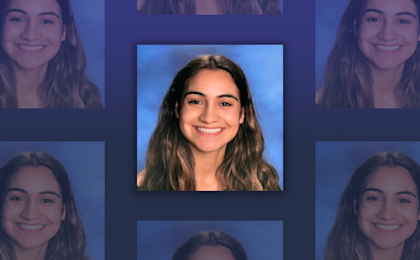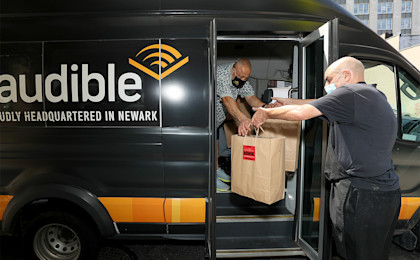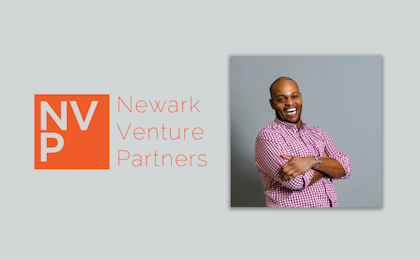How Public-Private Initiatives Can Sustain Our Cities
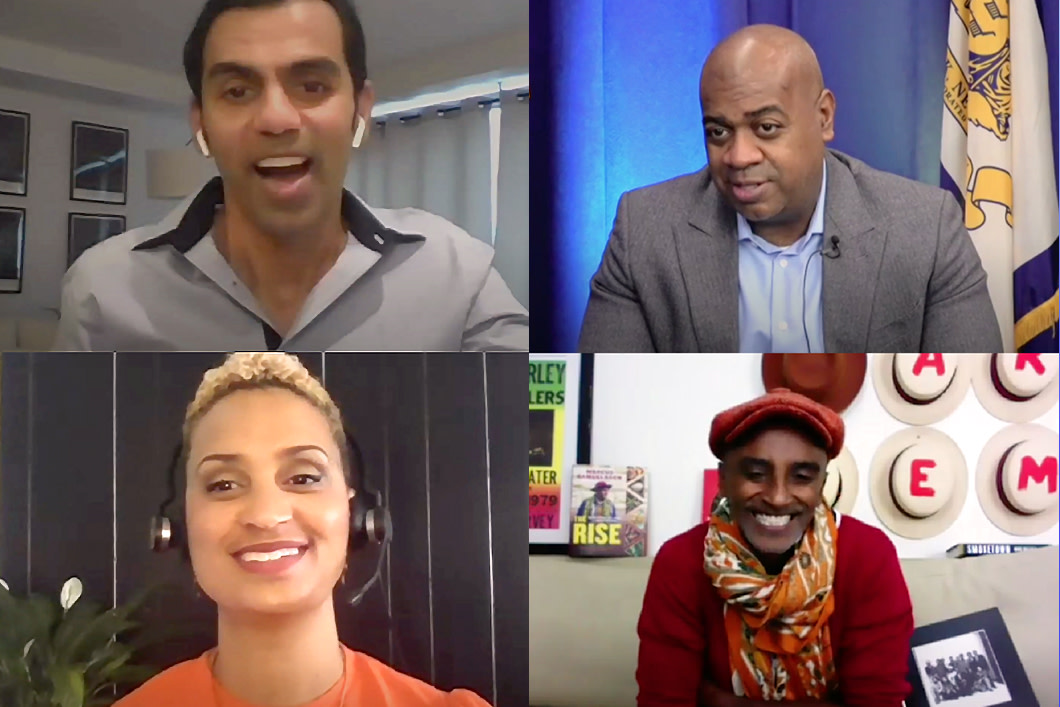
“When we go back in history and look at cities who navigated [the pandemic], I think Newark will be on top of that list,” says renowned chef Marcus Samuelsson.
His comment was part of the panel “Community Investment Makes Cents for Business” at SXSW this year, moderated by Abhinav Mathur, SVP, Global Center for Urban Development at Audible. Samuelsson, along with fellow panelists Newark Mayor Ras J. Baraka and Audible VP, Urban Innovation Aisha Glover, was addressing the transformative nature of public-private initiatives to create citywide safety nets.
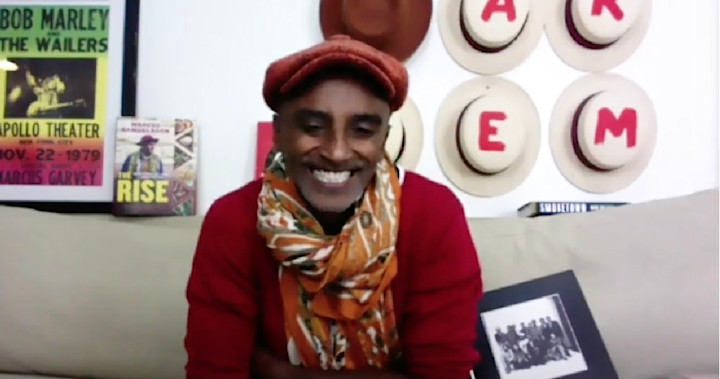
The conversation focused on Newark Working Kitchens (NWK), which Audible launched in April 2020 to help keep local restaurants open and to deliver nutritious meals to residents-in-need. The program reflects our long-standing commitment to Newark, a mission that encompasses improving the lives of students, entrepreneurs and residents across the city, as well as encouraging employees to live, serve and play in our hometown. To date, NWK has served more than 800,000 meals and has sustained hundreds of jobs, thanks to the work of participating restaurants and community partners and the support and funding from government, corporations and foundations.
That support includes over $2.5M in city and state funding. “The only thing that we could do is figure out partnerships and collaboration to deal with [the pandemic] in a collective way,” says Mayor Baraka. “We have worked to move past the simple kind of philanthropy that goes up and down and there is no real cyclical relationship with the city at all.”

“Cities need companies that are committed to their long term success,” adds Glover. “We all know that that's good for business, but it's also good for the economy, right? It also allows for more equitable growth. For years in Newark, and in cities like Newark, you've had people driving from the suburbs—parking in their office buildings, taking the elevator up to their offices. You could actually work in Newark and never step foot in a Newark neighborhood and breathe the air…but that's the exact opposite of what companies like Audible believe in and what we're striving for now.”
Glover shared how much economic development Newark was seeing pre-pandemic and how the initiatives incubated in the city have value for other corporations and cities worldwide. These impact models are something Audible is looking to share through our new Global Center for Urban Development, including replicating initiatives like NWK, she says.
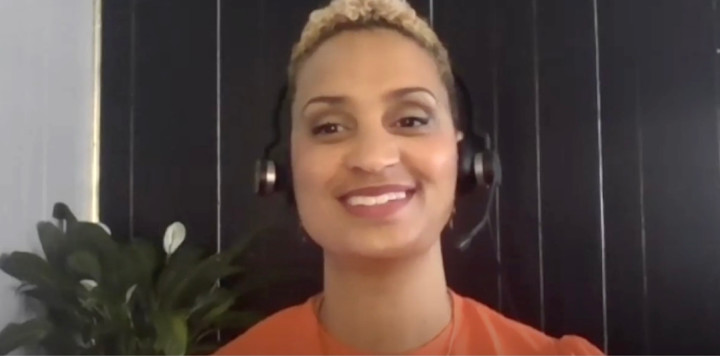
As bad as this past year has been, with far too many lives lost and people experiencing deep economic hardship, “it’s also a reset,” Samuelsson says. “I think it's time for us to really start seeing each other as neighbors, and [asking] how do we thrive together? How do we navigate this together?”
